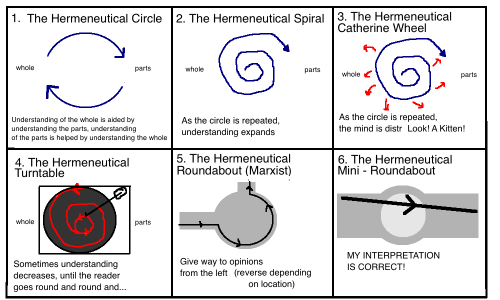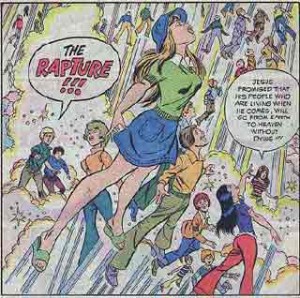How do we know things about the past? Whether in history or in the natural sciences, it involves working with surviving data and using deductive reasoning and logical inference. Dennis Venema has been blogging about “Genomes as Ancient Texts.” In the latest installment, he provides diagrams illustrating how scientists deduce that two organisms are related in a particular way. Here’s one example: Anyone from my own area of expertise who has studied textual criticism will recognize the line of argument... Read more





















Space for Comments
HT Hemant Mehta. Those familiar with the academic study of the Bible will know that people have been leaving comments on the commandments for as long as we can trace. We find them embedded in literature which does not present them without comment. And then we have the Mishnah, the Talmud, and the discussions and commentaries practical, devotional, allegorizing, or academic stretching from antiquity down to the present day, and showing no sign of stopping. Yes, there is room for... Read more